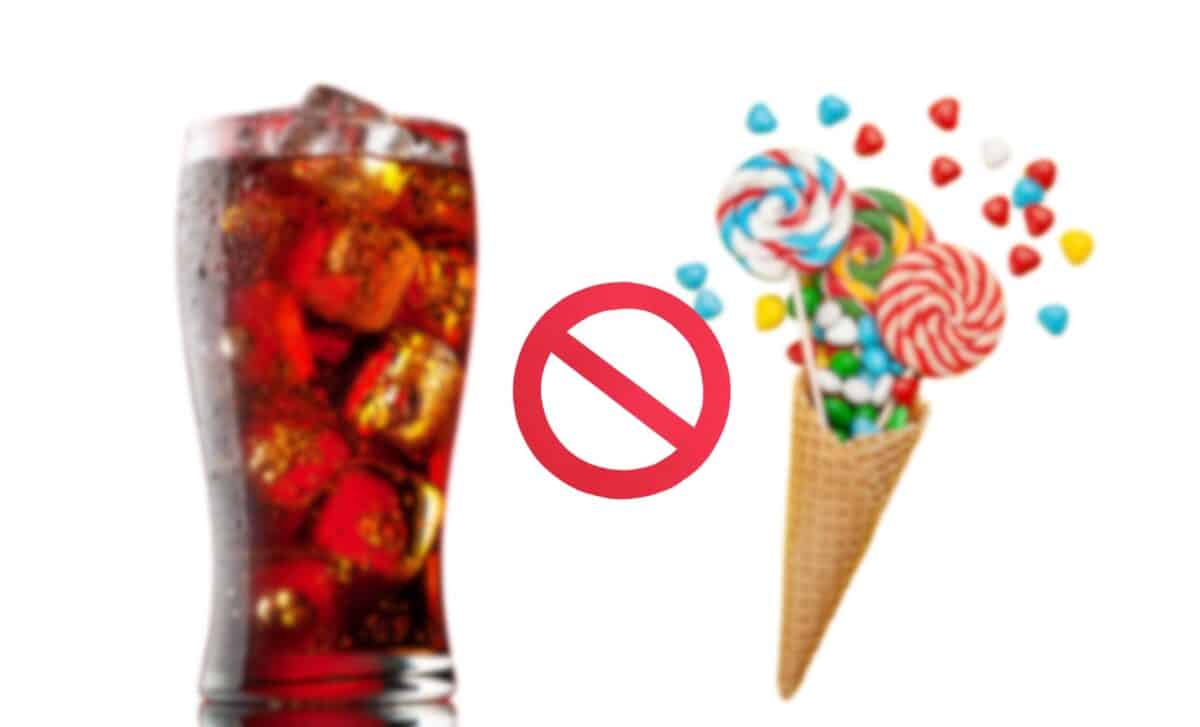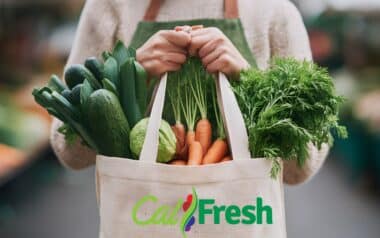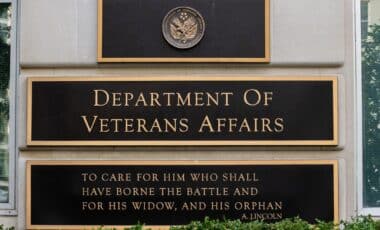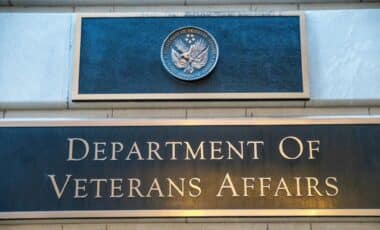A new bill in Texas seeks to limit the purchase of sugary drinks and candy with SNAP benefits. The legislation, passed at the end of the state’s latest session, will prevent millions of Texans from using food stamps on specific items deemed unhealthy.
The measure, Senate Bill 379, marks Texas’ first substantial effort to narrow the scope of what can be bought with food subsidies. It arrives amid growing political momentum in the United States to redefine the role of public assistance in nutrition.
The legislation aligns with broader national trends. In February, U.S. Agriculture Secretary Brooke Rollins encouraged states to submit waivers allowing them to block SNAP purchases of foods considered non-nutritious. With Governor Greg Abbott voicing early support, the law is likely to be enacted swiftly, according to state officials.
Health and Cost at the Centre of the Policy Shift
According to state senator Mayes Middleton, who authored the bill, the aim is to bring SNAP back in line with its intended purpose—providing nutritious food essential to health and well-being.
Middleton told the Senate Health and Human Services Committee that, “taxpayer-funded junk food turns into taxpayer-funded health care,” underscoring the state’s concern about the public cost of unhealthy eating.
The bill defines banned sweetened beverages as non-alcoholic drinks made with water that contain at least five grams of added sugar or any level of artificial sweeteners.
Fruit juices and milk-based drinks are not included. Initially broader in scope, the measure was narrowed after negotiations to only cover sodas and candy, in an effort to streamline enforcement.
The move is backed by several states. According to federal data, Indiana, Iowa, and Nebraska have filed similar legislation and received waivers. Texas, with 3.5 million SNAP recipients receiving $616 million in April alone, becomes the largest state yet to pursue such restrictions.
Concerns Over Implementation and Social Impact
Retailers and food access advocates have raised concerns. According to Gary Huddleston, a grocery industry analyst for the Texas Retailers Association, while large chains may be able to adapt, smaller rural shops “are going to have to spend money to comply with this.” The burden of modifying Lone Star card systems and inventory databases is likely to fall unevenly across the sector.
Critics argue that the law risks penalising the poor. Amber O’Connor, a food policy analyst with Every Texan, points out that restricting these purchases for SNAP recipients only, rather than the general population, could be considered discriminatory. “Sodas are bad for everyone,” she said, “so if we want to make Texas healthy again, let’s talk about those ingredients.”
Celia Cole, CEO of Feeding Texas, welcomed the clarification in the revised bill, noting it would “reduce confusion” among SNAP participants. Yet food banks and advocacy groups remain concerned that further restrictions may increase reliance on charitable food services.
The law is set to take effect on 1 September, pending implementation by the Texas Health and Human Services Commission.









